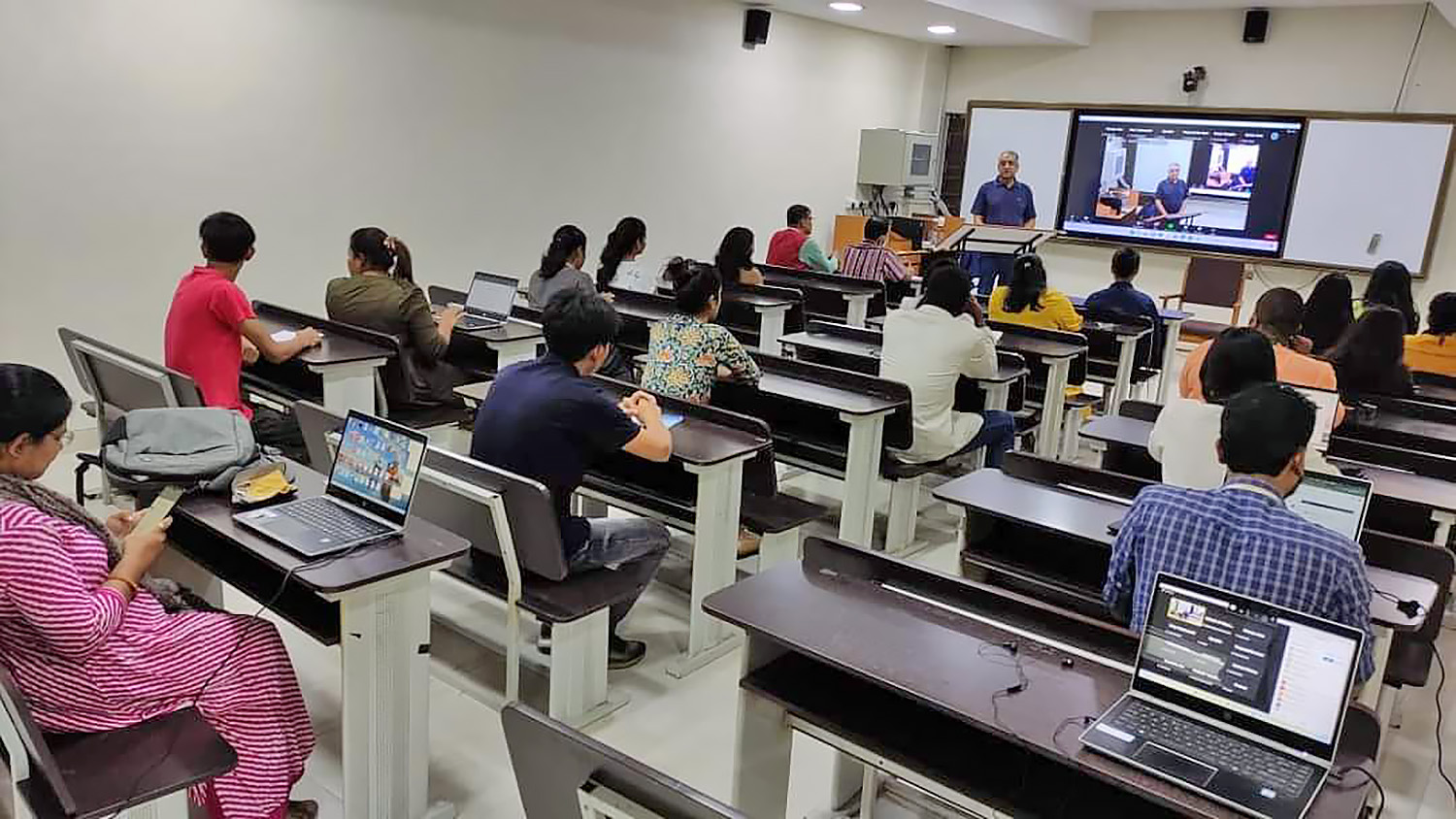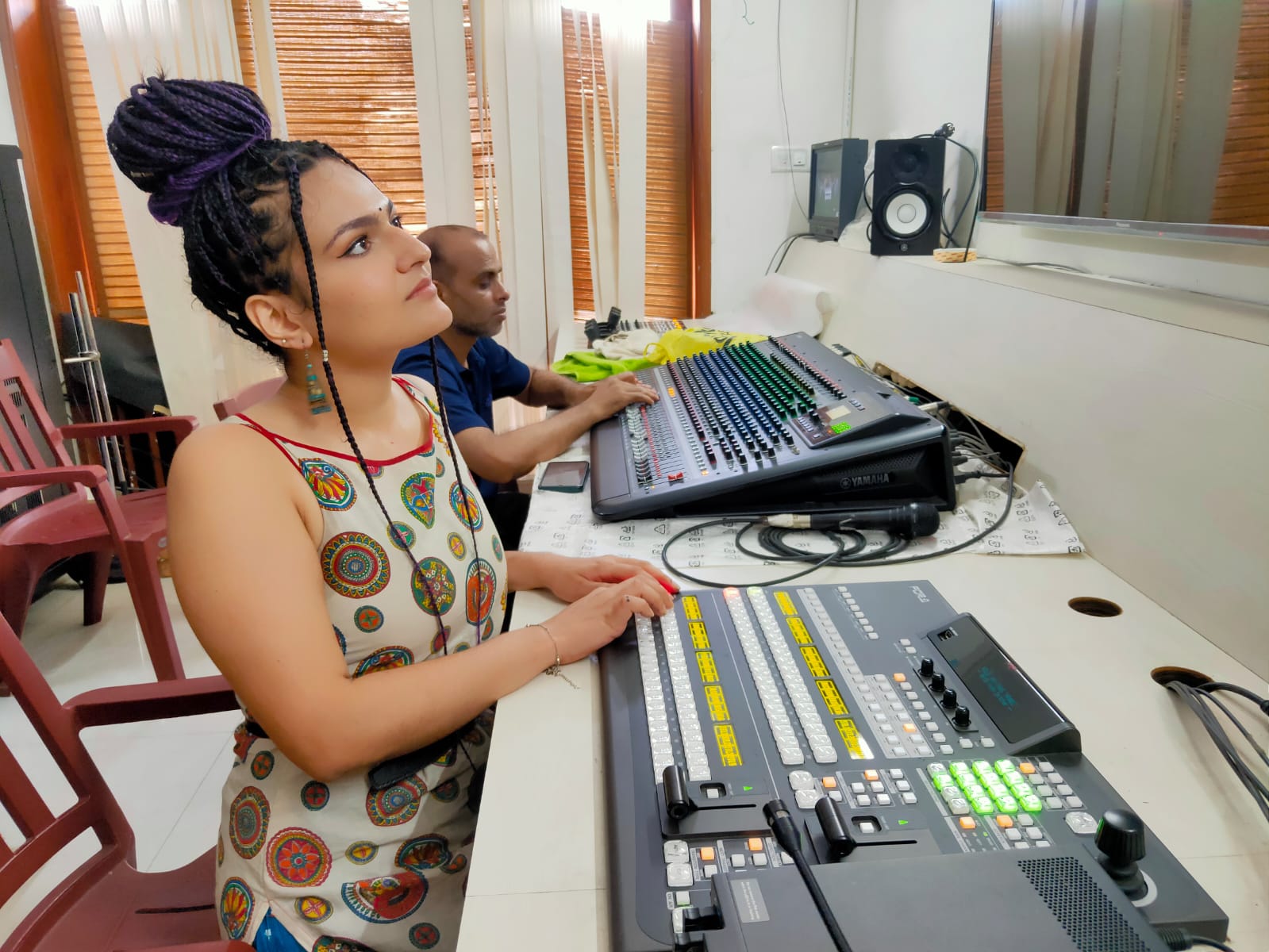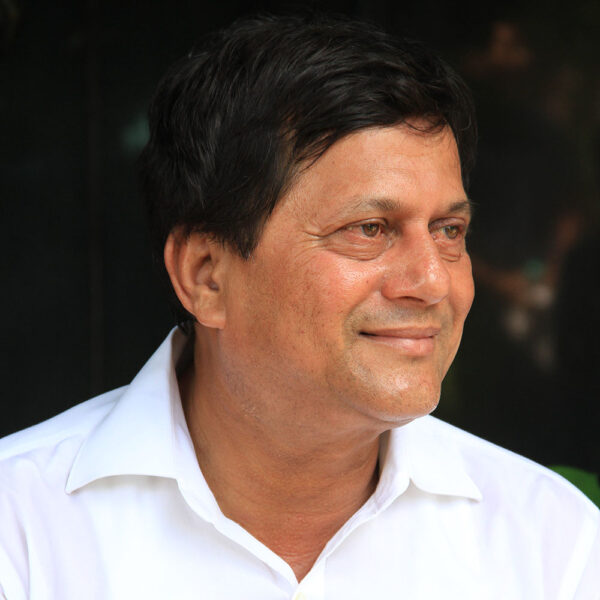Academic Programmes
Overview
School of Mass Communication, KIIT Deemed University offers three programmes, i.e. Bachelor of Communication and Journalism, Master of Communication and Journalism, Master of Communication and Journalism (Integrated), and have proposed for a PhD programme.


Programmes
Instead of the IMCJ programme, the School has introduced the Bachelor of Communication and Journalism (BCJ) programme from 2023. This course is comprised of 140 credits distributed across 6 semesters. The eligibility for this course is 50% marks in intermediate exam. Students will get admission through KIITEE.
This two years Master’s degree programme in Communication and Journalism began from 2020. This course is comprised of 4 semesters and 90 credits. The eligibility for this course is 50% marks in any stream of graduation. Students will get admission through KIITEE.
The course offers specialisation in three areas, namely; Convergent Journalism, Communication for Social Change, and Communication Management, all designed in an industry favourable manner.
The three years doctoral programme will be commenced from 2023. The first year is dedicated for course work while the later last two is reserved for thesis writing.
Programme Educational Objectives (PEOs) are the statements that describe the expected achievements of students after completion of the respective academic programmes. It includes the expectations and achievements in their early career, especially during the first five years after completion of the programme. School of Mass Communication, KIIT Deemed University (KSMC) ensures the following PEOs for the Bachelor of Communication & Journalism, and Master of Communication & Journalism programmes.
PEO 1: To enhance the skills of the students required to get a job in different Journalism sectors like print, radio, television and web.
PEO 2: To develop the skills required of the students to get a job in the various Communication for Social Change sectors such as grassroots organisations, advocacy groups, national and international non-government organisations, Corporate Social Responsibility units of corporate and government departments.
PEO 3: To provide the skills required by the students to get a job in different Communications Management sectors like Advertising, Public Relations, Event Management, Corporate Social Responsibility, and more.
PEO 4: To enhance the skills required by the students to get a job in certain government institutions within Information and Public Relations (I&PR) departments, organizations like Press Information Bureau (PIB), All India Radio (AIR), Press Council of India (PCI) and the prestigious Indian Information Service (IIS).
PEO 5: To impart the knowledge required for getting admission in higher studies in the field of Social Sciences and Liberal Arts (Media Studies, Communication Studies, Journalism, Cultural Studies, Development Studies, Gender Studies, Social Work, etc.) in national and international repute institutes and universities.
PEO 6: To impart knowledge required for joining research positions and doctoral programmes in national and international repute institutes and universities.
PEO 7: To provide the managerial skills required to start entrepreneurships related to media and communication sectors.
Master of Communication and Journalism (Integrated) Programme
PO1: Self-directed and Life-long Learning: Acquire the ability to engage in independent and life-long learning in the broadest context socio-technological
changes.
PO2: Verbal and writing skills: Acquire communication skills and apply in journalistic practice.
PO3: Social awareness: Remain socially aware of sociocultural and socio-political realities.
PO4: Creative thinking: Learn to think out-of-the-box creatively.
PO5: Adaptability to the ever-changing world: Technological and conscious adaptation to thrive in a changing world.
Master of Communication and Journalism Programme
PO1: Academic excellence: Progress into academia with an excellent theoretical grounding.
PO2: Industry ready with specializations: Become specialised in the field of choice.
PO3: Problem solving: Solve problems and impact professional growth.
Master of Communication and Journalism (Integrated) Programme
PSO1. Employability: Become industry ready with practical hands-on training.
PSO2. Ethics: Apply ethical principles and commit to professional ethics and responsibilities and norms of journalistic practice.
PSO3. Individual and team work: Function effectively as an individual, and as a member or leader in diverse teams, and in multidisciplinary settings.
Master of Communication and Journalism Programme
PSO1. Critical thinking: Take informed actions after identifying the assumptions that frame our thinking and actions, checking out the degree to which these assumptions are accurate and valid, and looking at our ideas and decisions (intellectual, organizational, and personal) from different perspectives.
PSO2. Effective Communication: Speak, read, write and listen clearly in person and through electronic media in English and in one Indian language, and make meaning of the world by connecting people, ideas, books, media and technology.
PSO3. Social Interaction: Elicit views of others, mediate disagreements and help reach conclusions in group settings.
PSO4. Effective Citizenship: Demonstrate empathetic social concern and equity centred national development, and the ability to act with an informed awareness of
issues and participate in civic life through volunteering.


